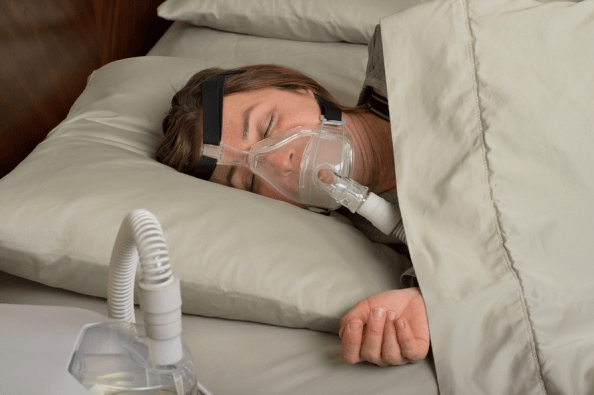
Sleep apnea is a disorder that affects 1 in 6 people. It has the potential to be extremely dangerous to your health, as it greatly raises your risk for heart attacks, strokes, and high blood pressure. Sleep apnea involves your airways being blocked during sleep, which causes you to wake up possibly hundreds of times per night without knowing it. Risk factors for developing sleep apnea include weight gain, alcohol or sedative use, a large neck, smoking, gender (male), age, and high blood pressure.
Often the first obvious sign of sleep apnea is loud snoring on a regular basis. If your spouse wakes you up by snoring-or to tell you that you’re snoring-you’ll want to ask yourself or your partner these questions:
- Have you ever slept all night just to wake up feeling exhausted?
- Do you often wake up with headaches?
- Do you have a tendency to fall asleep in the middle of the day, maybe even at inconvenient times like meetings?
- Are you afraid you might fall asleep at the wheel?
All of these are symptoms of sleep apnea. Thankfully this condition is highly treatable. If you live in the Chicago area and think you or a loved one may be suffering from this serious sleep disorder, contact University Associates in Dentistry at 312-704-5511 and learn about our alternative treatments and devices today.



 Did you know that a
Did you know that a